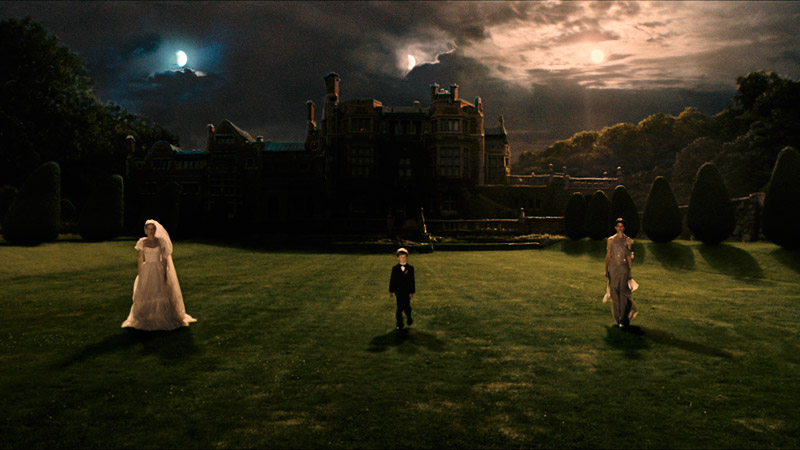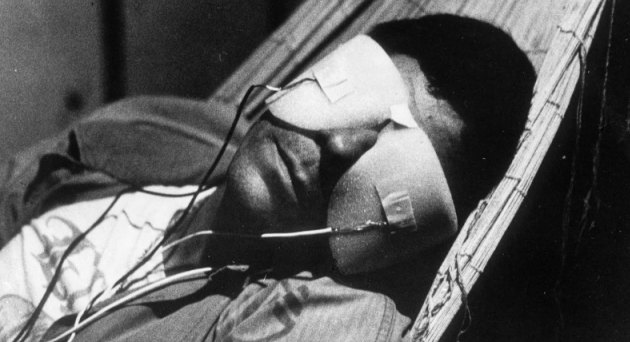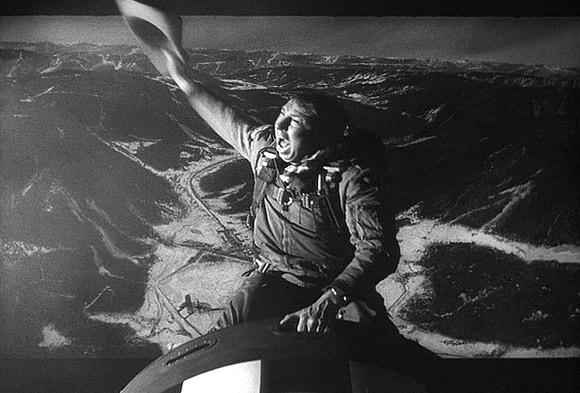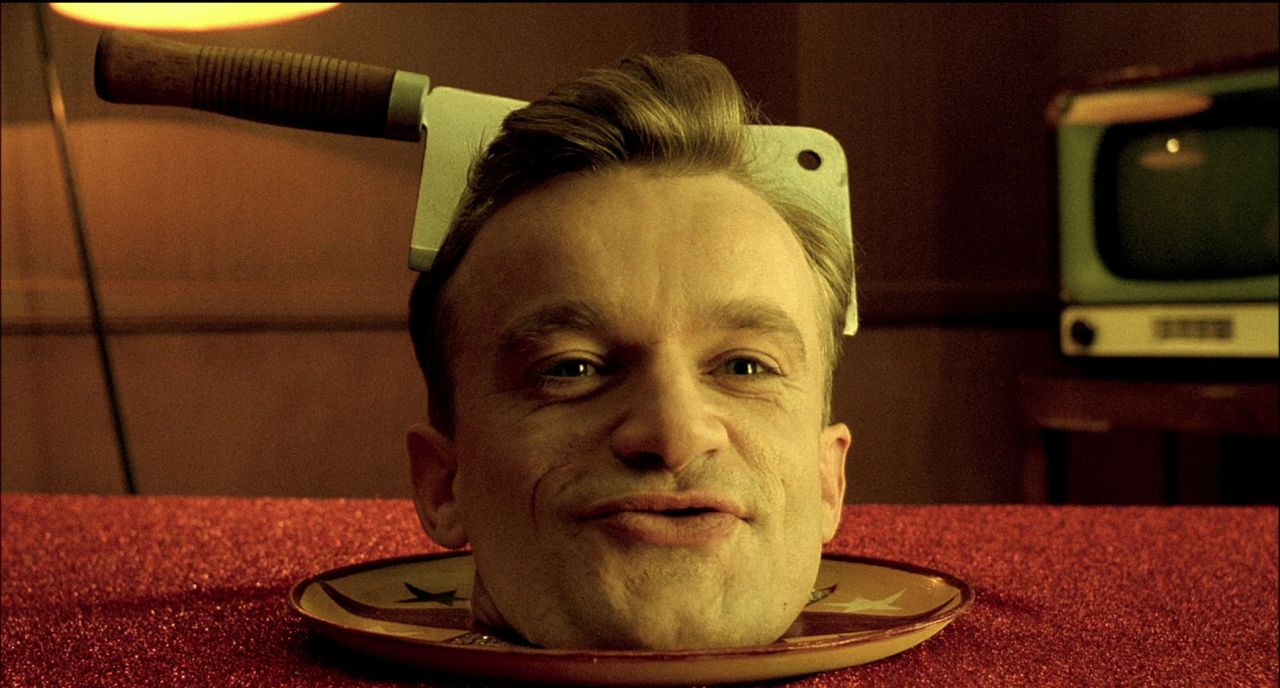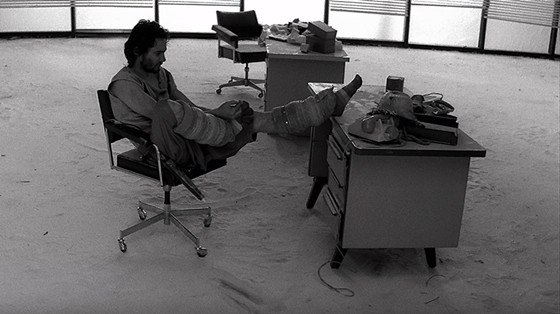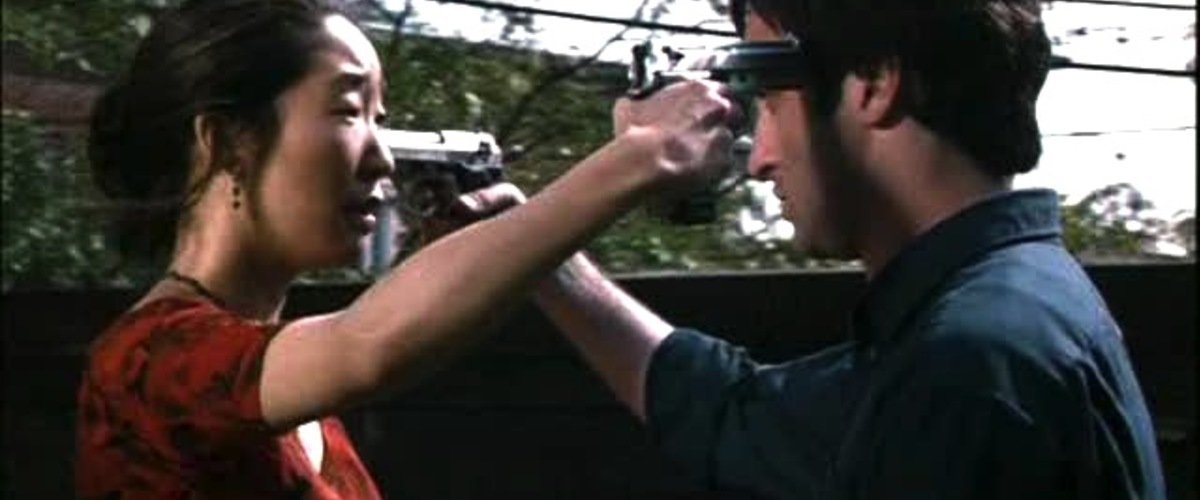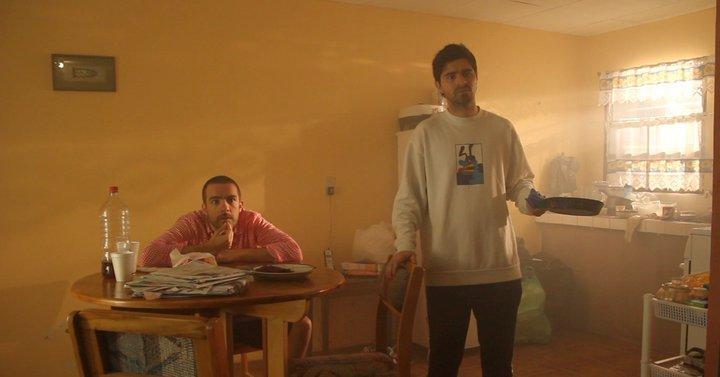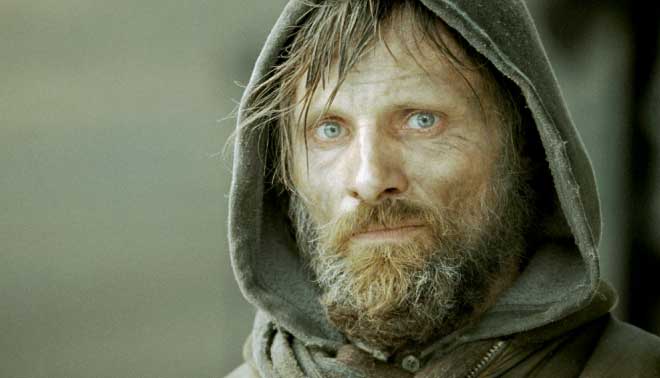
“The End of the Humanity”… a theme immediately scary. Fright is almost like a baton of manipulation in the hands of a good craftsman in this medium, and brewing a thrill is quite an achievement. Exploiting this primal response, thanks to the amygdala, has given us some great works of cinema.
But often this vision of “wipe-out” has been explored in socio-psychological and philosophical premises of much higher order than simply the thrill of a disaster, by the more insightful storytellers.
The psychological and social confrontation of the reality, the conflict of choices that haunt the final hours, political prophecies… there is a plethora of grave subjects that can be imagined with apocalypse in the background, almost like a metaphor or environment of inquiry. Each more imaginative than the other… to the extent that even the most informed cinephile might miss its sheer abundance due to the lack of repetitiveness.
While a large chunk of apocalypse films are more tragic for their formulaic nature (some of which are inventive only in hypothesizing the cause of the apocalypse), many are made with artistic motivations so evolved that one cannot consider that they belong to a genre. That’s what has been done in case of this list. It contains the films that employ the situation of the end of humanity as something more than a mechanical gimmick.
Some of these are set in the final hours, the eve of an apocalypse; some track the progress of a gradual apocalypse, some deals with survivors in a post-apocalyptic world. Many of these films won’t be immediately recognized as a disaster movie, because the apocalypse becomes a remotely referred metaphor amidst more central alchemy of other themes.
However profound interpretations can throw light on the basic goal of this background. Exposing some characters to the reality of total destruction of civilization becomes a condition of extreme existential significance.
Here are some of the greatest films in this area of thought, examining the fragility of human ego and existence in effective artistry.
1. Melancholia (Lars Von Trier, 2011)
Lars Von Trier has the most inquisitive vision for the craft among recent makers. When he makes a film he is not only exercising his imagination and creative politics but also an existential dilemma. Melancholia is a film so creatively “naughty” that it is almost effortless in the provocation of a rare melancholy. It develops a philosophical voice that is outrageous in its compassion.
It is the story of a marriage (the beginning of a personal world) on the disturbing final hours (the end of the larger world). It is a never-seen-before character drama about conflicting choices and insights, the fragility of behaviourally defined human society. Visually experimental, sensitively performed, and kinetically shot in a dramatic lugubriousness… the film is a fierce departure from the emblematic cheap thrill of disaster films. Every moment echoes of a fresh engagement.
Many consider this film as the modern auteur’s best work, and one of the most artistically significant works in the cinema of our current century. Kristen Dunst (Best Actress Award at Cannes) is dazzling in her emotional confrontation of the rogue planet on the verge of collision with the Earth. She communicates Lars Von Trier’s awareness of depression intimately, dissolving in the intense, never manipulative impacts of the movie.
2. La Jetee (Chris Marker, 1962)
Human survival has greater tragic dimensions than absolute wipe-out. So, post-apocalyptic lives in films have an isolated context of philosophical diagnosis, which has been identified by many great storytellers. But few possessed the mad appetite for innovation of Chris Marker.
The writer-director photographed this philosophical science fiction with such persuasive orientations that the film triumphs even as a character study. It is quite a short film, composed entirely of still photographs stringed in narrative continuity, brewing tempo in their transitions. It was a successful experiment. Nuclear war was a probably the most frequently hypothesized cause of an apocalypse in fiction those days. Marker’s fairy tale-like vision of post-apocalyptic Paris dealt with the same circumstance.
As the surviving humanity inhabited the underground galleries of Pallais de Challiot, a time travel experiment with an emotionally disoriented World War III prisoner as a giunueau pig is performed, in order to seek help by communicating with the past or future.
The film becomes a hallucination, stirring in its lack of motion- exploring the obscurities of time and memory in the man’s senses and mind with impacting images. The film has proved as one of the greatest artistic triumphs in storytelling, philosophising about time in the perspective of annihilation.
3. Dr Strangelove: Or How I Learned to Stop Worrying and Love the Bomb (Stanley Kubrick, 1964)
Hitler committed suicide because he did not want to witness defeat in the World War II. Dr Strangelove is the story of a defeat that was escaped by destroying the entire world itself. A satirical black comedy subtle in its presentation and bold in its warnings, Dr Strangelove is a directorial success of the highest ranks.
Kubrick’s criticism of the political backstage sustaining the perilous Cold War encompasses all its gravity, yet contains it wonderfully in just three alternate locations, instilling a humour of literary merit. Funny characters with real concerns, funny interactions with serious motives… it has elements that makes it the greatest black comedy in cinema, enlighteningly representing the genre for ages. The best dystopian conclusion for an anti-war film of such comedic proportions has to be an apocalypse.
What makes this classic auspiciously philosophical is the clarity of a bizarre human condition… when the awareness of an apocalypse is ‘politicized’.
The story of a crazy American General who isolates himself from political interference to wage war against USSR, and a war room of hilarious interactions with highlights in a virtuous mess of a President and an ex-Nazi scientist advising who happens to the saviour of humanity in the film. The film ends with a haunting image nuclear detonations, with Vera Lynn’s “We’ll meet again” playing in the background.
4. Delicatessen (Jean-Pierre Jeunet and Marc Caro, 1991)
Delicatessen is another black comedy… unique in itself for its nasty creative alchemy. Set in an apartment of post-apocalyptic France, it is a story of survival made disturbingly funny. Thoughtful peculiarities and interactions abound the film in shocking ease. This beautifully thought and filmed story about uncanny tenants of an apartment who witness a famine of meat and become cannibalistic to sustain themselves, and funnily enough, their relationships.
The film is very cerebral in its dirtiness, and Jeunet and Caro craft the alarmingly hilarious light fantasy with the sensibility of a chaotic stylishness in which characters have an organic autonomy of behaviour in idiosyncrasy.
The film would remain an undisputed landmark in the genre for ages, and its philosophizing about the heaviness of human survival in such lightness is an achievement equalled very rarely.
5. Le Dernier Combat (Luc Besson, 1983)
It doesn’t take special effort to notice that a large chunk of films of this category belong to France. The master Luc Besson’s debut feature was a work of great experimental spirit. This dark story of a post-apocalyptic world in which some unexplained phenomenon rendered humanity entirely mute, contains only two words of dialogue, and is a rare exploration in many aesthetic aspects.
While on its exteriors the film may be considered a criticism of environmental damage, it has shades of much philosophical propositions. It interprets the situation in an emotional intensity, communicated in moments of disturbance. Some queer acts ing the sexual impoverishment bracketing the film remains some of the most enigmatic moments in the film.
The movie has, by some interpreters, been cited as a harsh vehicle of anti-Capitalist philosophy. It exposes the shallow and barbaric engagements of humanity with a material civilization that is so brittle and unpromising in the face of abandonment. Through the mature eyes of twenty for years old Luc Besson, the genre which was by then quite popular, attained the proportions of a classic.
6. Last Night (Don McKellar, 1998)
Writer- director Don McKellar had a very composite yet straight approach to telling a Final Hours story set in Toronto. Employing the structure of a hyperlink film, he followed overlapping stories of different lives making different choices to spend those hours. The film went on to win the “Award of the Youth” at the Cannes Film Festival and is considered one of the greatest Canadian films of all time.
The story has a quirky sentimentality that leads us to the obvious finality, with brilliantly imagined moments, beautifully cinematographed.
A couple on a pleasant suicidal plan to determine their end, a gas station executive calling all his customers with gratitude and assurances, a DJ who plays on the greatest songs to smooth the time, a man fulfilling sexual fantasies and a countdown party of great symbolic value… these are the prime components that have been serenely handled by McKeller’s ascetic treatment which manages to censor all the chaos of the catastrophe which most other films on this list exploited.
7. El Fin (Miguel Gomez, 2011)
This Costa Rican filmmaker of great talent had created this fine piece of cinema almost around the time Lars Von Trier’s Melancholia released.
It was a story about two emotionally challenged friends who wake up to the realization of a meteorite crash apocalypse, and the self-discovering journey they undertake to Nosora, a Pacific Beach, which is, in many dimensions, quite fun. With interesting characters and engaging events, it is what every film aspires to be.
This film was an artistic success at many levels, and was authentic in its comedy, with a big heart. One of the two main characters suffers of a terminal disease, which adds an enhanced philosophical shade to the movie. The film was fairly underrated globally, despite the commendable local popularity.
